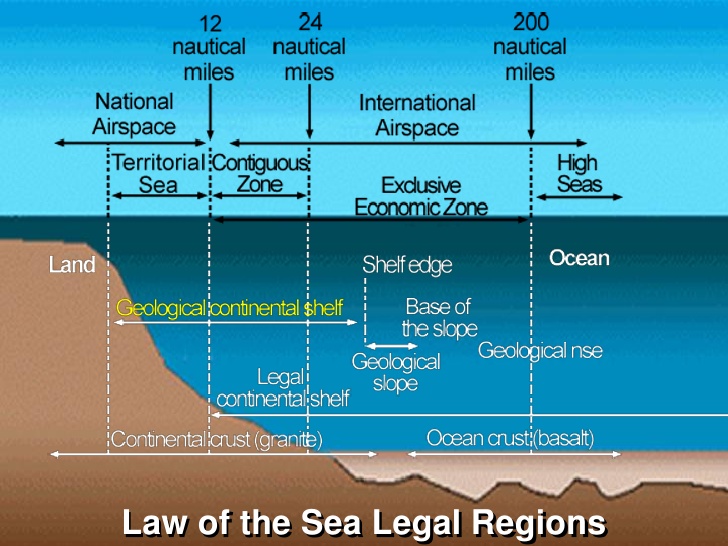- Home
- Prelims
- Mains
- Current Affairs
- Study Materials
- Test Series
Rediscovering the Bay of Bengal
- Recently, at the 4th BIMSTEC summit, Prime Minister of India announced the opening of the Centre for Bay of Bengal Studies (CBS) at Nalanda University.
- The CBS demonstrates India’s commitment to advancing constructive agendas by forging connections and setting up platforms for all those with an interest in the Bay.
Significance of CBS
- It will offer collaborations in areas such as geo-economics, geopolitics, ecology, trade, maritime security & law, cultural heritage, and blue economy to generate opportunities for the Bay region.
- It will strengthen India’s overall framework for maritime engagement, which aims to advance sustainable economic growth for all by fostering closer nautical ties.
Significance of Bay of Bengal region
- Commerce hub: It has long been a major commerce hub for the Indian Ocean. It created a conduit between the East and the West in terms for trade and culture.
- Sea trade: The key sea lanes of communication in this area are lifelines for global economic security and are crucial to the energy security that powers the economies of many countries in the region.
- Energy resources: It provides an opportunity for greater regional cooperation in the environmentally friendly exploration of marine and energy resources.
- Biodiversity: It has a biodiverse marine environment.
- It is home to many rare and endangered marine species and mangroves, which are essential to the survival of the ecology and the fishing sector.
- Hydrocarbons: It has abundance of hydrocarbon resources due to deposition of tonnes of sediment from some of the world’s largest rivers.
- It is also a partially enclosed sea that has given rise to several geological characteristics.
- Geopolitical: An Indo-Pacific orientation and the realignment of global economic and military power towards Asia have had a considerable impact on the Bay region.
Challenges in Bay of Bengal region
- Non-traditional dangers such as terrorism and climate change have become more prevalent.
- Its maritime environment has changed as a result of major powers expanding their economic and geopolitical influence.
- Its ecosystem is going through a crisis brought on by widespread environmental exploitation and geopolitical unrest.
- It faces species extinction threat due to careless exploitation of the maritime environment.
- Factors that are leading to degradation of Bay’s environment include:
- Population growth,
- Altered land use,
- Excessive resource exploitation,
- Salinisation,
- Sea level rise and climate change,
- Factors that have led to: i) Dead zone, and ii) Degradation of mangrove trees (that protect the shore from natural disasters) include:
- Discharge from feeder ships,
- Shipping collisions,
- Unintentional oil spills,
- Industrial waste, pollution, and
- Accumulation of non-biodegradable plastic litter.
|
Dead zones · Dead zones are low-oxygen, or hypoxic, areas in the world''s oceans and lakes. · As most organisms need oxygen to live, few organisms can survive in hypoxic conditions. |
Looking ahead
- Developing partnership and cooperating with the nautical neighbors: It is essential that nautical neighbors come together and cooperate for the maritime domain’s interdependent nature, transnational character, and cross-jurisdictional engagement.
- Cooperation in maritime safety and security: Standardizing and harmonizing data on maritime connectivity and the ease of maritime transit, needs to be enhanced through the investment possibilities in the maritime connectivity sector.
- The will require addressing the problem of illegal, unreported, and unregulated fishing.
- Role of Littoral Government: They need to support and promote skill-building, research, and training by helping regional marine entities to balance opportunities and goals on a national, regional, and international scale.
- Countries mobilization of incentives and investments: Working together to manage oceanic affairs more effectively and support people to switch to the alternative lifestyles.
CBS gives India a unique interdisciplinary research centre devoted to Bay-focused teaching, research, and capacity building. However, for a better knowledge of challenges, and strategies to overcome them for the sustainable development of the region, more focused and interdisciplinary study is required on these issues.










 Latest News
Latest News
 General Studies
General Studies